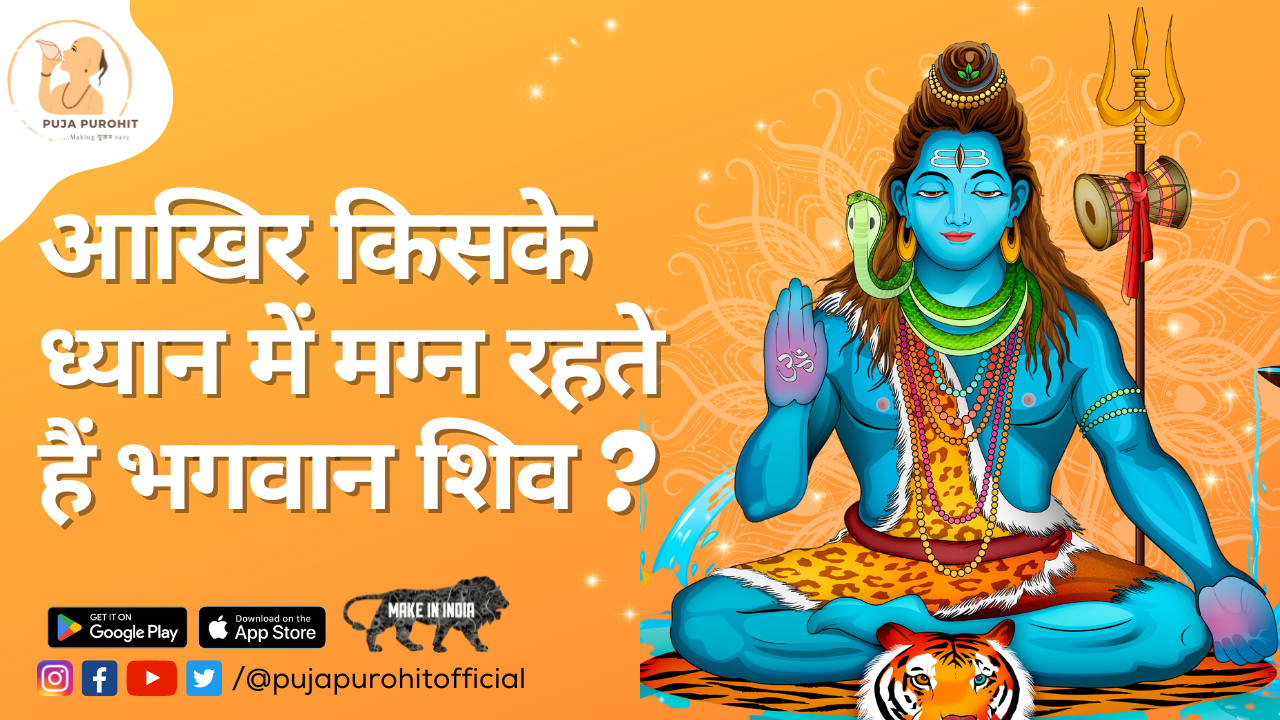Why Sanatan Dharma Practices Are More Than Just Religion :
Discovering Meaning and Purpose
Introduction
Sanatan Dharma, or Hinduism, is a way of life that has been practiced for thousands of years. It is a religion that emphasizes spirituality, morality, and ethics. Sanatan Dharma practices are deeply rooted in Indian culture, but their importance extends far beyond geographical boundaries. In today's world, where people are increasingly disconnected from themselves, their communities, and nature, Sanatan Dharma practices can offer valuable guidance and tools to help us live a more balanced, fulfilling life.
Mind, Body, and Spirit Wellness
Sanatan Dharma is based on the concept of holistic wellness. It teaches that the mind, body, and spirit are interconnected and that for true wellness, all three need to be taken care of. Sanatan Dharma practices such as yoga, meditation, and Ayurveda are all focused on achieving this state of holistic wellness.
Yoga, for example, is a practice that combines physical postures (asanas), breathing techniques (pranayama), and meditation to create a state of inner peace and harmony. This can have a positive impact on both physical and mental health. Studies have shown that regular yoga practice can help reduce stress, improve flexibility and balance, and lower blood pressure and cholesterol levels.
Meditation is another Sanatan Dharma practice that has gained popularity in recent years. It involves focusing the mind on a particular object, sound, or phrase to achieve a state of deep relaxation and mental clarity. Meditation has been shown to reduce anxiety, depression, and stress, as well as improve cognitive function and emotional well-being.
Ayurveda is a traditional Indian system of medicine that emphasizes the use of natural remedies and therapies to promote health and wellness. It takes into account the individual's unique physical and mental constitution (dosha) and provides personalized recommendations for diet, exercise, and lifestyle.
Promotes a sense of community
Sanatan Dharma teaches that all living beings are interconnected and interdependent. It emphasizes the importance of community, family, and social responsibility. Sanatan Dharma practices such as puja (worship), satsang (community gathering), and seva (selfless service) are all aimed at fostering a sense of belonging and connection.
Puja is a ritualistic worship that involves offering flowers, incense, and other offerings to the divine. It is a way of expressing gratitude and devotion and can be done individually or as a group.
Satsang is a community gathering where people come together to sing devotional songs, chant mantras, and listen to spiritual teachings. It is a way of connecting with like-minded individuals and deepening one's spiritual practice.
Seva, or selfless service, is a core principle of Sanatan Dharma. It involves using one's time, resources, and skills to help others without expecting anything in return. Seva can take many forms, such as volunteering at a local charity, helping a neighbor in need, or simply being kind and compassionate towards others.
Cultivates a sense of gratitude:
Sanatan Dharma practices emphasize the importance of gratitude and mindfulness. They teach us to appreciate the blessings in our lives, to be present in the moment, and to cultivate a sense of inner peace and contentment.
Gratitude is a powerful practice that can transform our outlook on life. It involves consciously focusing on the positive aspects of our lives and expressing appreciation for them. Sanatan Dharma practices such as puja and chanting mantras are a way of expressing gratitude and connecting with the divine.
Mindfulness, on the other hand, involves being fully present in the moment and paying attention to our thoughts, feelings, and surroundings without judgment. Sanatan Dharma practices such as meditation and yoga can help cultivate mindfulness and awareness, leading to greater clarity and inner peace.
Conclusion:
Sanatan Dharma practices have been around for thousands of years, and they continue to be relevant in today's world. They offer valuable guidance and tools to help us live a more balanced, fulfilling life. By promoting holistic wellness, community, gratitude, and mindfulness, Sanatan Dharma practices can help us connect with ourselves, others, and the world around us.
In a world that often feels disconnected and fragmented, Sanatan Dharma practices offer a way to bring us back to our true nature and help us find meaning and purpose in our lives. Whether you are seeking greater physical health, emotional well-being, or spiritual growth, Sanatan Dharma practices have something to offer.
So, if you are looking for a way to deepen your spiritual practice, cultivate inner peace and contentment, or simply connect with like-minded individuals, consider exploring Sanatan Dharma practices. You may be surprised by how much they can enrich your life and help you find greater fulfillment and meaning.







